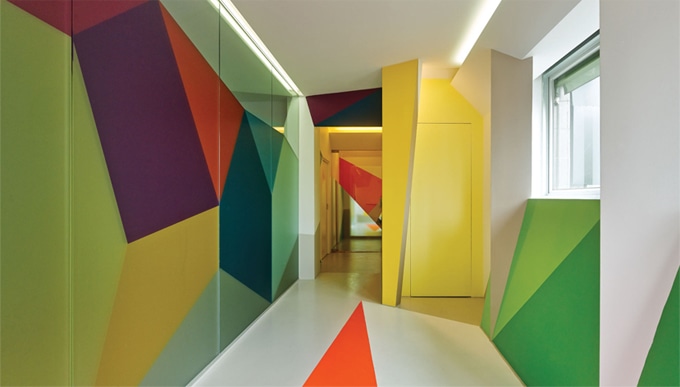| • | Paints and Coating Additives
Catalysts, wetting agents, levelers, clarifier, coupling agents, deflocculants, thinners, thickeners, anti-caking agents, stabilizers, emulsifiers, texturizers, adhesion promoters, UV stabilizers, flatteners (de-glossing agents), biocides… |
| • | Paints and Coating Products
Primer, emulsion paints, flat finish paint, matte finish, eggshell finish, pearl (satin) finish, semi-gloss finish, varnish and shellac, wood stain, lacquer, Enamel paint, glaze, roof coating, finger-paints, anti-graffiti coatings, Anti-climb paint, Anti-fouling paint, insulating paint, Anti-slip paint, Road marking paint, luminescent paint. |
| • | Paints and coating raw materials
Solvents: petroleum mineral spirits, benzol, alcohols, esters, ketones, and acetone…
Resin: linseed, coconut, soybean oil, alkyds, acrylics, epoxies, and polyurethanes…
Pigment: titanium dioxide, carbon black, iron oxide, cadmium sulfide, metallic salts, iron blue, chrome yellows … |



